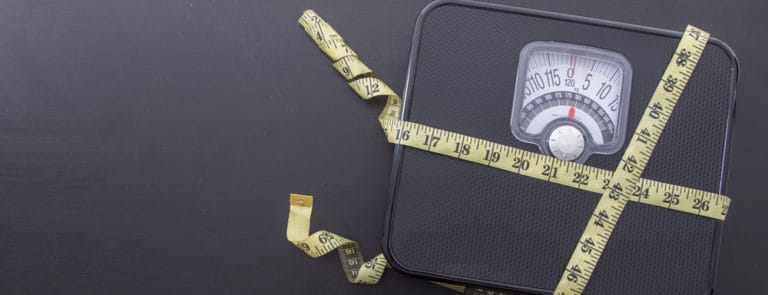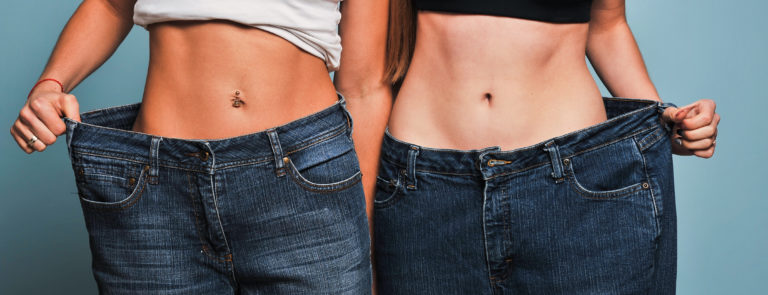15% off €25
How to stop overeating

Summary
1What is overeating?
Overeating. We’ve all done it. Eating until you feel absolutely stuffed is normal every once in a while, but regularly eating...
2What can cause overeating?
Everyone is different, and there are loads of reasons why someone might overeat. It could be that your friends all eat loads...
310 tips on how to stop overeating
Looking for help to minimise overeating? Take a look at our top tips...
What can cause overeating?

10 tips on how to stop overeating
-
Try to reduce your stress levels
A 2014 study showed that increased stress drives up levels of the appetite-increasing hormone, cortisol. This can lead to increased levels of hunger, as well as overeating and even binge eating and weight gain.
But how can you reduce your stress levels? Everybody is different, but if you feel stressed out, try doing something you enjoy, like listening to music, exercising, or gardening.
Meditation can also be a great way to help with stress, and you’ll find there are a number of relaxing meditation apps to choose from.
-
Remove any distractions
We all like to eat our meals in front of the TV once in a while, but did you know that watching something whilst having dinner can cause us to overeat?
Studies show that people who are distracted during a meal tend to consume more calories than those who aren’t.2
So, turn off the TV, leave your phone in a different room, put that book down and simply focus on enjoying your meal. Delicious!
-
Dine with friends who have good eating habits
If your friends eat until they feel stuffed, chances are you will too. That’s according to a recent study, which found that people tend to gorge on portions of a similar size to the people they’re dining with.3
If you have friends who always go large, tell them you’ll meet them after the meal and instead, dine with people who eat healthier foods in sensible portions.
-
Don’t eat too quickly
Sometimes it’s all too tempting to practically inhale a plate of delicious food as soon as it’s put in front of you.
But did you know this can cause overeating and, over time, weight gain? A study found that eating at a slower pace means you’ll feel fuller quicker, therefore stopping you from eating more than you need to.4
If you’re a fast eater, try focusing on your chewing. Make sure you’re chewing food thoroughly before you swallow, and you should find that you slow down a bit.
-
Use food volume
Fill yourself up without overdoing the calories by using high volume foods. Here are some ideas: chopped salads, homemade soups, smoothies, and puffed cereal. Light, volume foods will give you more bang for your buck.
-
Hydrating foods
Some foods are naturally high in water. These fill you up and give your body something to digest. They even make your mind (and eyes) think you are eating more calories. Most vegetables, fruits such as berries, and salad ingredients are good choices.
-
Drink before you eat
Are you hungry? Or is what you’re feeling actually thirst? Try drinking something before you reach for a snack. Fizzy water or a healthy, low-calorie carbonated drink can help you feel fuller.
-
Eat more fibre
Fibre is nature’s way of feeling full and promoting a healthy digestive system. Choose foods high in fibre such as vegetables, leaves, whole grains, pulses and beans. Also try adding a natural fibre supplement to your diet.
-
Use “zero” foods and drinks
It’s never been a better time to stick to a calorie controlled diet. There are so many healthy products available. Try cauliflower rice to add fibre and volume to meals. Sip on zero calorie versions of drinks to curb your appetite between meal times. Make batches of sugar-free jelly as a low calorie dessert.
-
Eat more protein
Protein contain amino acids which are the building blocks used to support muscle growth. Diet whey protein powders in particular can be quickly digested and have a lower calorie count than standard whey powders, so can be used for weight control. Make sure you eat some protein with every meal.



